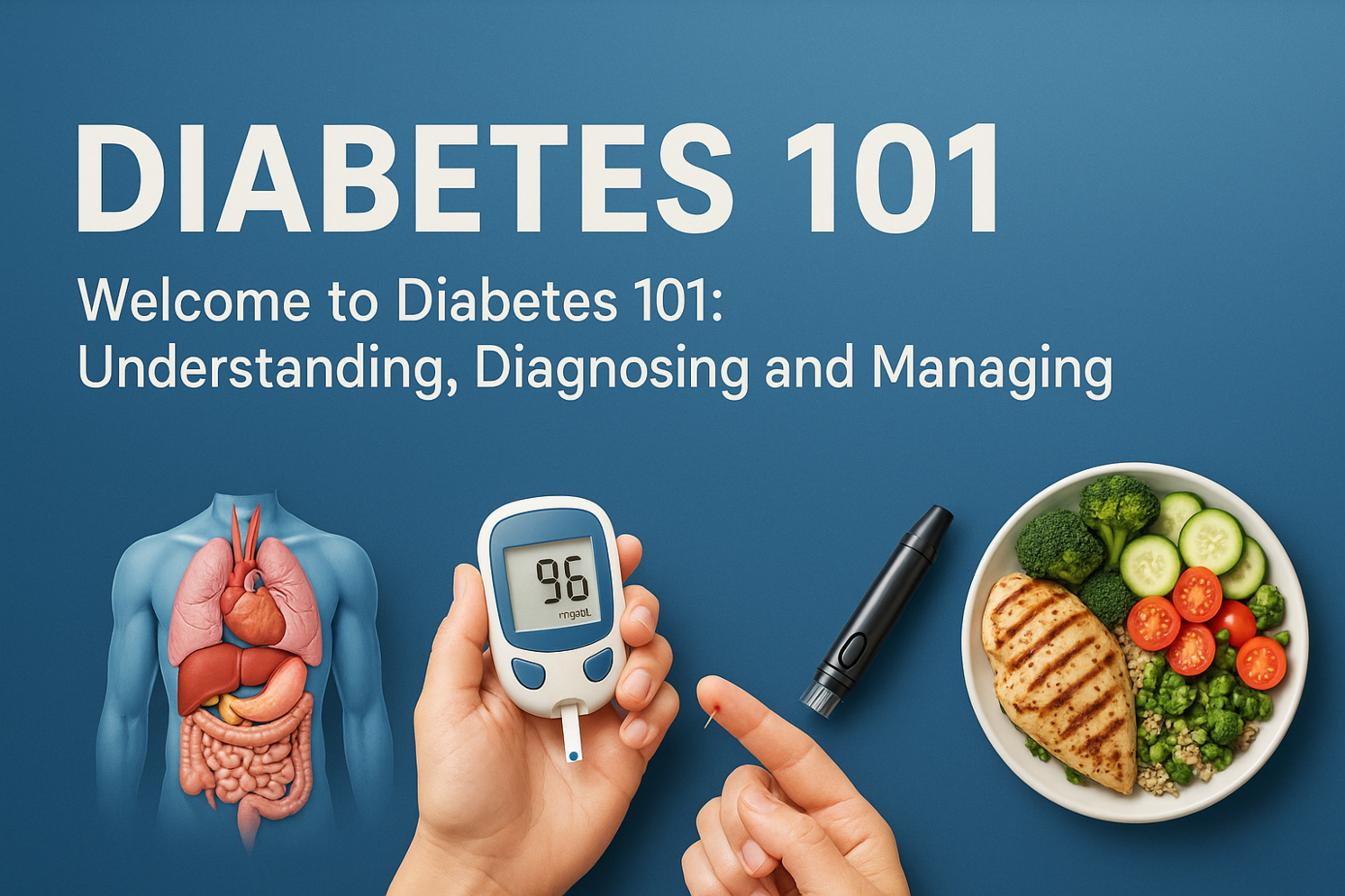Vegetarian Living: Discover the World Beyond Meat
Embrace Flavorful Freedom: Journey Into Vegetarian Elegance

6 Hours average completion time
0.6 CEUs
11 Lessons
11 Exams & Assignments
12 Reference Files
67 Articles
Mobile Friendly
Last Updated December 2025
Have you ever felt drawn to the idea of becoming vegetarian but hesitated because you weren't sure where to start? Or perhaps you've wondered if making the switch could truly make a difference-for your health, for the planet, or for the animals we share it with? Here's the truth: embracing vegetarianism is one of the most impactful choices you can make, and this course is here to guide you every step of the way.
This isn't just another online course. It's a journey-a life-changing exploration that goes beyond the basics to help you connect with the "why" behind vegetarianism, understand its profound benefits, and empower you to live with intention and purpose. Whether you're motivated by a desire to improve your health, live more sustainably, or make compassionate choices, this course will give you the tools and inspiration to create meaningful change.
From the moment you enroll, you'll be welcomed into a world of knowledge and support. You'll uncover the fascinating history of vegetarianism, learn about the different paths people take-from flexitarians to lifelong vegans-and dispel the myths that may have held you back. More than that, you'll explore how vegetarianism aligns with your values and aspirations, helping you make choices that reflect the person you want to be.
But this isn't just about information; it's about transformation. You'll discover how to meet your nutritional needs with confidence, navigate social situations with ease, and find joy in creating delicious, satisfying meals that nourish both body and soul. Along the way, you'll gain insights into animal rights, sustainable living, and the power of conscious eating to make a global impact.
If you're a parent navigating your child's transition to vegetarianism, an educator seeking to support students, or simply someone curious about living with greater intention, this course is for you. It's designed to meet you where you are and guide you toward success-whether that means taking your first steps or deepening your commitment to a vegetarian lifestyle.
By the end of this journey, you won't just understand vegetarianism-you'll feel confident, inspired, and ready to embrace it fully. You'll walk away with more than just knowledge; you'll gain a renewed sense of purpose and the tools to make choices that matter.
The question isn't whether you're ready to start-it's whether you can afford to wait. Your new life is just one decision away. Are you ready to take the first step? Let's get started.
- Strategies for raising vegetarian children
- Confidence in vegetarian meal planning
- Comprehension of environmental impacts of diets
- Empowerment in ethical dietary choices
- Awareness of animal welfare issues
- Inspiration from celebrity vegetarianism
- Clarity on vegetarian myths and truths
- Enhanced knowledge of plant-based nutrition
- Deep understanding of vegetarian diets
- Insight into historical vegetarian trends
-

How To Be a Substitute Teacher
-

Second Grade Curriculum
-

How to Bake Cookies
-

Cake Decorating
-

Early Childhood Development
-

Landscaping 101
-

Asthma 101
-

Italian Cooking 101
-

Etiquette Consultant
-

Spanish Cooking 101
-

Become a Life Coach - Course Bundle
-

Weight Loss Management
-

Bartending and Mixology 101
-

First Grade Curriculum
-

Microsoft Excel Level 2
-

Pie Baking 101
-

Cooking Class Bundle: 5 Cooking Courses
-

Vegetarian Living: Discover the World Beyond Meat
-

Wellness Coaching
-

Understanding Childhood Obesity
-

Diabetes 101
-

Building Self-Esteem in Children
-

Nutrition 101
-

Beyond the Crust: The Heart and Soul of Bread Baking
-

Tex Mex Cooking 101
